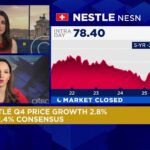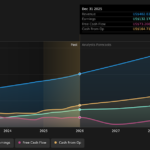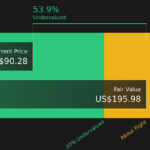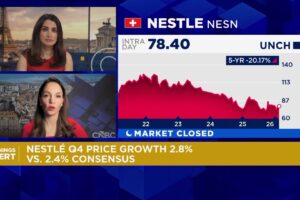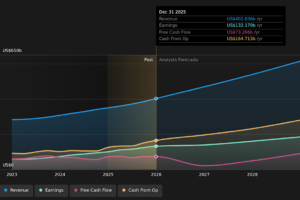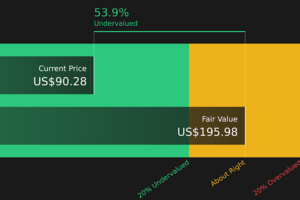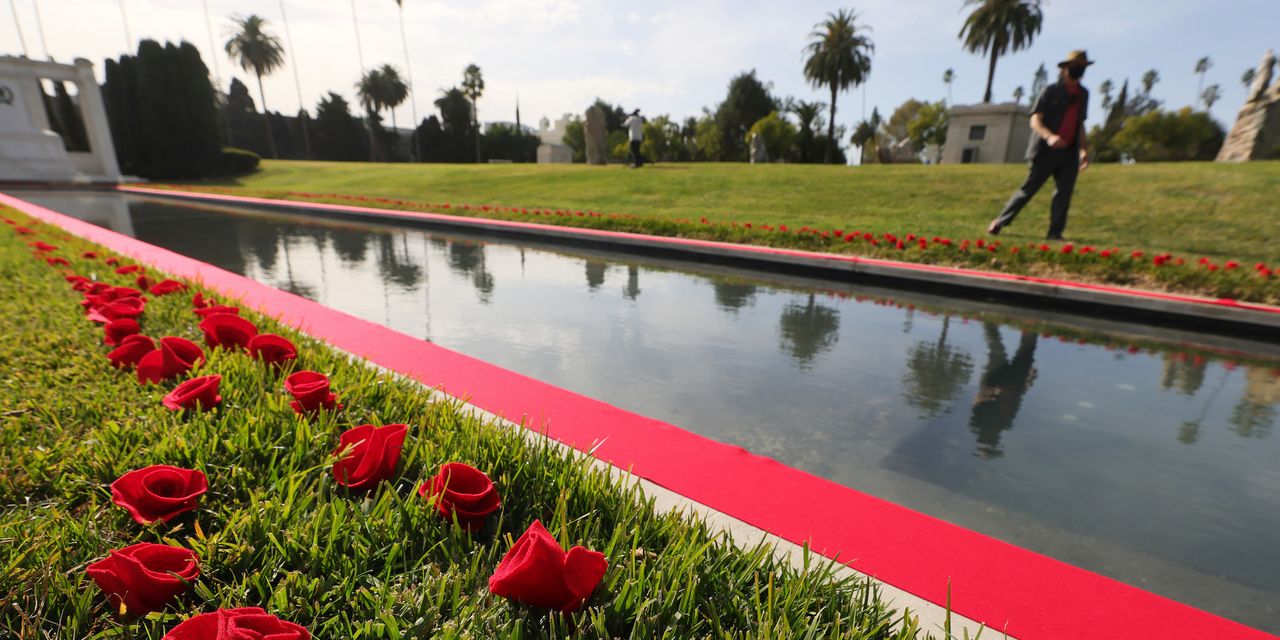
This article is reprinted by permission from NextAvenue.org.
In late July, Dr. Dominic Mack testified before the Senate Special Committee on Aging.
“Of course my nerves got up a bit. It was my first testimony,” he recalls.
Mack, a professor of medicine at the Morehouse School of Medicine in Atlanta, was in Washington, D.C. to present on racial disparities among older adults during the COVID-19 pandemic, and the transformative project he co-leads that will address just that: The National COVID-19 Resiliency Network.
Morehouse School of Medicine is one of the four historically Black medical schools in the nation, making it the perfect site for this type of work to originate.
Next Avenue: Tell me more about The National COVID-19 Resiliency Network.
Dr. Dominic Mack: It’s a cooperative agreement with the Office of Minority Health of the [U.S. Department of Health and Human Services], and the overall goal is to help mitigate the impact of COVID-19 on vulnerable communities. The objectives are around [five major] priority ethnic and minority groups, which are African-Americans, Hispanic and Latinos, Asian Pacific Islanders, Alaska Natives and the American Indian population — but also other vulnerable populations such as seniors and those who are disabled. We’re working with migrant populations and people who are undocumented as well as citizens.
The goal is to develop messaging that will impact those various communities — culturally and linguistically appropriate messaging — to link them to COVID-19-related services. Those services include testing, social services and behavioral health services, but also just clinical services, emergency services that are needed from COVID infection and exposure and prevention and treatment. Then we’ll evaluate and share best practices that we see from these communities.
When you’re developing these projects and directing people to resources, are you keeping in mind which are the trusted institutions in whichever region of the country for certain communities?
Yes. The motto is to engage communities and put those communities in front of the program. We’re basically just developing the partnerships and letting the partners do what they do best in the community. So working with partners to work within their communities so folks in the communities will see people of their color, race and background from their vulnerable community actually doing the work.
Can you speak to how the work of the Resiliency Network will specifically help America’s elders of color?
We know they’re most highly impacted. We know when it comes to hospitalization, when it comes to morbidity and mortality, the elderly populations — across all races and colors — are impacted. But those who are of color are more highly impacted and disproportionately impacted. So we have to concentrate on making sure that they’re safe.
I think what has come about for me changing my perspective is how delicate this population is and how much more we need to concentrate on services ahead of pandemics. We wait until pandemics. I’ve been involved in some efforts [such as during] Hurricane Katrina in which the elderly were disproportionately impacted. What we tend to do now is develop a plan for everybody, and these populations need specific plans that specify to their needs.
Don’t miss: This Florida journalist has helped hundreds book COVID-19 vaccinations
With this effort, we’re also going to tailor the program to address the barriers that they have, whether that’s connectivity to internet…so getting the Wi-Fi in those areas, but also those social services that are more important when it comes to the elderly.
What does it mean to you that Morehouse has taken the lead on helping specifically African-Americans in this pandemic?
It’s an opportunity that we were honored to have. We know we’ve been doing the work in the community, but to be recognized with an award such as this really gives us an opportunity to expand the models that have been successful to new communities.
Why is it important that work like this is done out of institutions like Morehouse, which is an HBCU?
I just look to examples of vaccination — the issue we have in now with vaccinations, right? We’ve all heard about the latest trial and the failure to have these underserved communities of color participate — and they’re the highest impacted. So you need that in the vaccine trials. I think that’s the tip of the iceberg.
It’s so important for organizations who work in these communities every day and have expertise in overcoming these communication barriers to actually be in these communities to tell the story, but also to convince, make them aware and educate [them] of services. It’s so important that these communities participate in not only the research, but in the solutions and in the services and just getting their care, seeking their own care.
And a lot of that is because of the history that these communities have experienced with the health system. We always heard about Tuskegee [the 1930s government syphilis study conducted without informed consent of its Black patients], but other things that have added to these barriers as well as those social determinants that we talk about impact these communities disproportionately. So you need entities that have been successful and understand these communities and understand the science.
Also read: 6 in 10 Americans don’t know when or where to get a COVID-19 vaccine
Morehouse School of Medicine is one of those institutions. At the National Center for Primary Care, we’ve been developing programs for years and implementing programs. We use a model that incorporates that community-oriented primary care model, where you have to work with communities around the problems. You might have to help them turn on the streetlights before you can talk to them about health care, remove dilapidated cars before we can talk about health care, help them with a crime problem, help them get a job and education before you can tell me about health care.
If you could change one thing about aging in America, what would it be?
I would change the way we care for seniors. America has the resources to provide sufficient health-related services to our aging population. Too many people in our underserved communities suffer unnecessarily as they reach their later years of life.
How has the COVID-19 pandemic changed your perspective on aging?
I’ve had older friends die from this virus, and it reminds me of how delicate life can be. My new perspective is an understanding of the importance of pre-pandemic and/or pre-disaster planning. We see it over and over again that the most vulnerable always bear a disproportionate impact during these events.
Grace Birnstengel is an editor, reporter and writer for Next Avenue where she focuses on in-depth storytelling and America’s diverse experiences of aging. Prior to Next Avenue she spent years covering music, arts and culture both locally and nationally.
This article is reprinted by permission from NextAvenue.org, © 2021 Twin Cities Public Television, Inc. All rights reserved.
More from Next Avenue:

